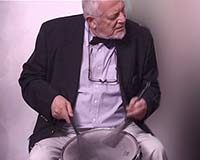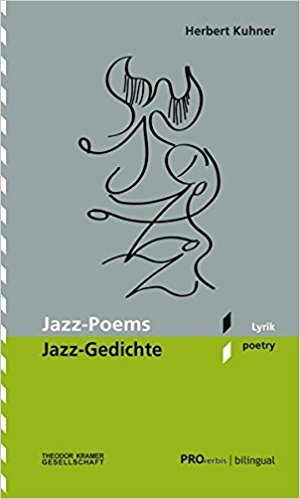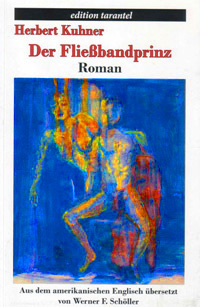Putting on Weight
There’s a Hollywood myth about Lawrence Olivier and Dustin Hoffman: Hofmann is reputed to have gone without sleep for a whole weekend in order to be convincing in a scene in Marathon Man. Olivier is alleged to have suggested to the dishevelled Hofmann: “Why don’t you try acting, dear boy?!”

from „Marathon Man“ 1976
Robert De Niro, Silvester Stallone, George Clooney, Matt Damon, Jared Leto, Nicole Kidman, Renée Zellweger, Charlize Theron, Meryl Streep and Megan Fox have something in common. They all put on weight for film roles.
This is sheer and utter madness. Putting on and losing weight drastically a can result in quick or slow death.
Giving your all for a role should be limited to creating an illusion. It should not entail risking your health and life.
Take a look at the stars of black-and-white yesteryear! How about the great toupées and dental work!
Of course an illusion of extra poundage is not so easy to create. But how about letting the make-up man have a go!
An actor can act fat and camera angles can help him along.
“Why don’t you try acting, dear boys and girls?!
From Adolf to Anton
Present day haute couture consists of so called “work clothes,” not to mention body art.
Tattoos and piercings are now very much en vogue. A luxury touch for the fair sex consists of sequined or bejeweled jeans.
Yes, fashion is in a free fall.
The upper class now wants to look like the under class, but appearance is not the only connection they have to those “below” them. The cultural borders between classes are now disappearing. There’s only one slight difference: the bank account.
The four sartorial icons of film were Fred Astaire, Cary Grant, Noel Coward and
Anton Walbrook. Their day is long gone.

Adolf/Anton Wohlbrueck
Anton Walbrook was epitome of continental elegance. He not only belongs to another time, but to another world.
He was born in Vienna in 1896 when Adolf was a neutral name, and he started out in Austrian and German films as Adolf Wohlbrück.
He was not an admirer of his namesake, and after the other Adolf took the reins in Germany, he was glad to have the opportunity of acting in a Hollywood film and to depart to other shores. In 1936 Adolf Wohlbrück became Anton Walbrook for The Soldier and the Lady.
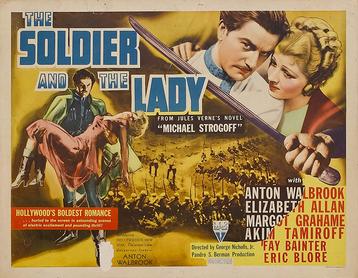
Among Anton’s great roles were the haughty impresario of The Red Shoes and the prologue in La Ronde. As far as I am concerned, the word “masterpiece” fits both.
La Ronde, based on the great Schnitzler play, was an encyclopedia of French acting of the Forties and Fifties. The question is: who isn’t in it?
Max Ophuls, the director, conveys the ambiance of fin-de-siècle Vienna so very beautifully and so very sadly.
The sets of Vienna are just that: sets – but what sets they are! The sets are sets that represent the location; they are not the location. Remember Henry V with Laurence Olivier! The painted sets had a similar effect.
Walbrook is the ringmaster who announces the characters and scenes as a carousel turns. He sings La Ronde, with music by Oscar Strauss and lyrics by Louis Ducreux. Walbrook’s role was an innovation. It was written into the film by the director and script writer. And how right they were!
I saw the film at the age of fifteen in 1950. It has become the play for me. I have never seen another production and I never will.
Walbrook’s rendering the song is wistful and bittersweet. He seems to sing all there is say about love. The words and music are there, but there is so much more between the notes and lines.
Aussies and the Fair Sex
In A Town Like Alice, Jean Paget, an Englishwoman and Joe Harman, an Australian mechanic are prisoners of the Japanese in Malay. They fall in love. Joe steals a chicken for the women prisoners and is caught by a prison guard. As punishment, the camp commander has him crucified in front of the women.
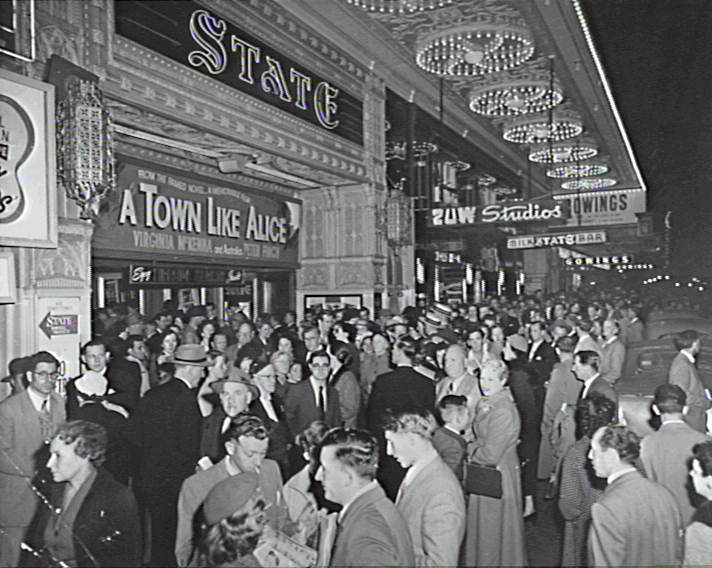
The lovers are separated before they are liberated, but they find each other after the war and Jean marries Joe and goes with him to the Australian backwater town of Willstown, which is not a town like Alice Springs, but rather its primitive opposite.
On a hot steamy day, Jean goes to the local bank for a transaction. The bank is a doppelganger for a Turkish bath. The sweat is running down Jean’s face and her print dress is sticking to her. When Jean suggests to the bank director that he install air-conditioning, he tells her to mind her own beeswax in the traditional Aussie manner. A woman who has spent half a dozen years in confinement at the hands of the gentlemanly Japanese, certainly isn’t going to take backwater-talk from a boorish Aussie. Jean’s reply isn’t fit for print. She tells him where to go and what he can do there.
Now we get to the point! When Joe hears about the altercation, he is fuming mad – not at the director, but at his wife. In Alice Springs, men are rough and tough, but ladies have to be swand genteel. And ladies must not let scatalogical language emerge from their sweet lips.
The man who was crucified for Jean cannot forgive her use of words reserved for men.
No, they do not part, but they did get dangerously close to saying adieu.
to be continued . . .
– Herbert Kuhner









 Users Today : 29
Users Today : 29 Users Yesterday : 138
Users Yesterday : 138 This Month : 3510
This Month : 3510 This Year : 9569
This Year : 9569 Total Users : 191374
Total Users : 191374 Views Today : 78
Views Today : 78 Total views : 1894369
Total views : 1894369 Who's Online : 4
Who's Online : 4
